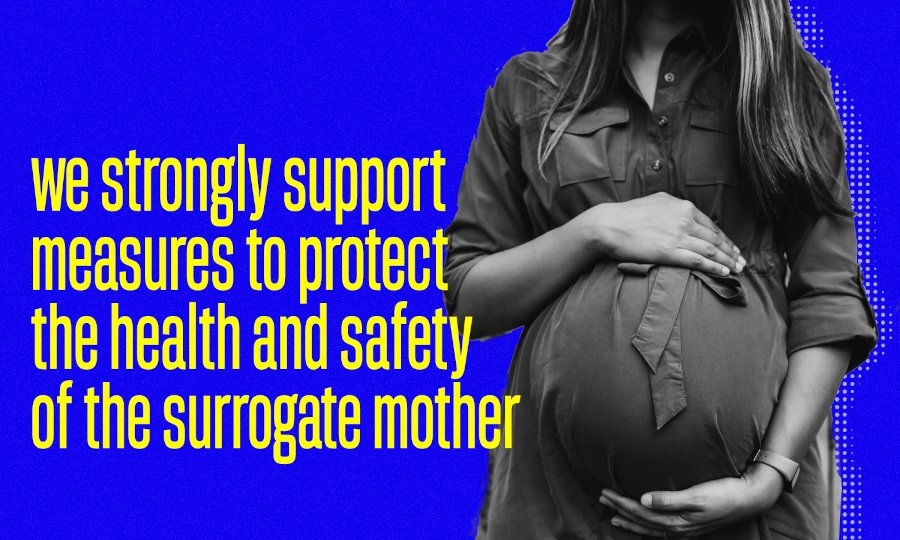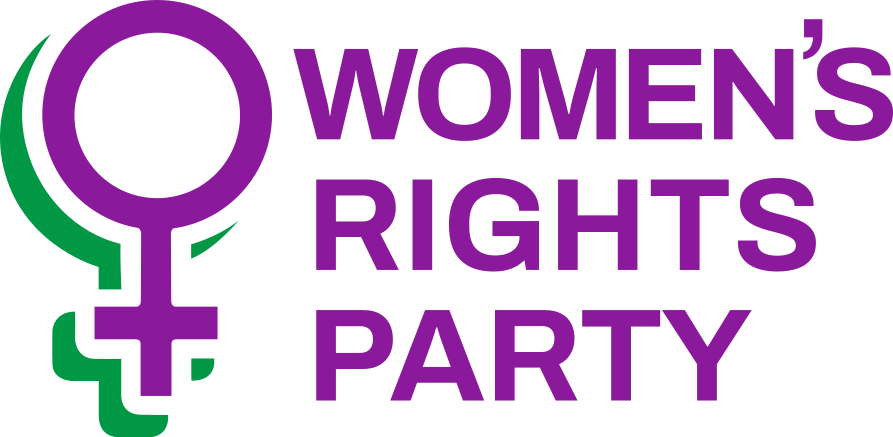Submissions will close today [midnight, 18 September] on the latest version of the Improving Surrogacy Arrangements Bill now before the Health Select Committee.

The revised Bill, in the name of ACT MP Nicole McKee, has undergone significant changes to the former Labour MP Tamati Coffey’s 2022 Member’s Bill, and incorporates recommendations of a subsequent Law Commission Review that year.
The Women’s Rights Party said that while commercial surrogacy is technically illegal in New Zealand, the involvement of fertility services in surrogacy through assisted reproductive technology is a commercial activity paid for by intending parents, with potential harm for birth mothers and surrogate-born children.
Said Women’s Rights Party Co-leader Jill Ovens: “Even in New Zealand where commercial surrogacy is against the law, we have a situation where those with means can essentially ‘buy’ a baby to be carried and birthed by a woman who becomes a commodity in a profit-driven transaction.”
he joint Women’s Rights Party and Women’s Declaration International NZ submission quoted author and journalist Julie Bindel:
“Those gushing about the joy that surrogacy brings to the lives of commissioning parents, and claiming it is a ‘human right’ to have a biological child, should take some time to consider the many wrongs being done to the women used as surrogates.”
Ms Ovens acknowledges that it is not uncommon in New Zealand for traditional ‘altruistic’ arrangements, involving birth mothers carrying a baby for another woman who has been unable to conceive or carry her own, often within close or extended families.
“Such arrangements can be very successful for the birth mother, the child, and the parents who are raising the child, especially where there is continuing contact with the birth mother and transparency about the arrangements,” she said.
However, Ms Ovens said the Women’s Rights Party questioned whether having a baby through surrogacy is a human right? Does this imply a societal duty to provide babies to those who cannot have their own children? In whose interests does surrogacy serve – the parents’ or the child’s?
Despite reservations about surrogacy, the Women’s Rights Party and WDI NZ submission supported changes in the revised Bill that put the surrogate-born child at the centre.
“We strongly opposed the original 2022 Bill that did not protect either the interests of the birth mother or the child and failed to recognise that even in utero, an unborn child is already interacting with his or her birth mother physically and psychologically,” Ms Ovens said.
The Women’s Rights Party and WDI NZ supported changes in the revised Bill that would mean the birth mother would continue to be the first legal parent, and provided for final consent by her to transfer parental rights after she has given birth, regardless of any surrogacy arrangement made before conception or during the pregnancy/
The revised Bill proposed final consent being given through a statutory declaration by the birth mother no sooner than seven days after the birth; the Women’s Rights Party and WDI NZ suggested two weeks in their submission.
In their submission, the Women’s Rights Party and WDI NZ said the current adoption process already provides for the interests of the birth mother as the first legal parent with rights to her reproductive autonomy and freedom from exploitation, so a statutory declaration would be unnecessary if the current adoption process was retained.
Ms Ovens said their submission suggested a statutory period of six weeks paid maternity leave under the PLEP Act where the birth mother is no longer the primary caregiver of the child.
She also said there was no explanation as to why some provisions had been deleted from the original Bill. These include a requirement for child support to be paid to the birth mother if the intending parents did not follow through, and provisions around work-testing requirements for surrogate mothers on a benefit, both before and after the birth. The Women’s Rights Party and WDI NZ submission recommended that these provisions be reinstated.
The Women’s Rights Party and WDI NZ unequivocally oppose international surrogacy, regardless of how it is organised (i.e. commercial or altruistic).
“In particular we called for a ban on surrogacy involving the export of gametes by a New Zealand Fertility Clinic for the purposes of commissioning a commercial gestational surrogacy,” Ms Ovens said.
The Women’s Rights Party and WDI NZ submission supported changes in the Bill to tighten up on fertility providing surrogacy services through assisted reproductive technology.
“We strongly support measures to protect the health and safety of the surrogate mother,” Ms Ovens said.
